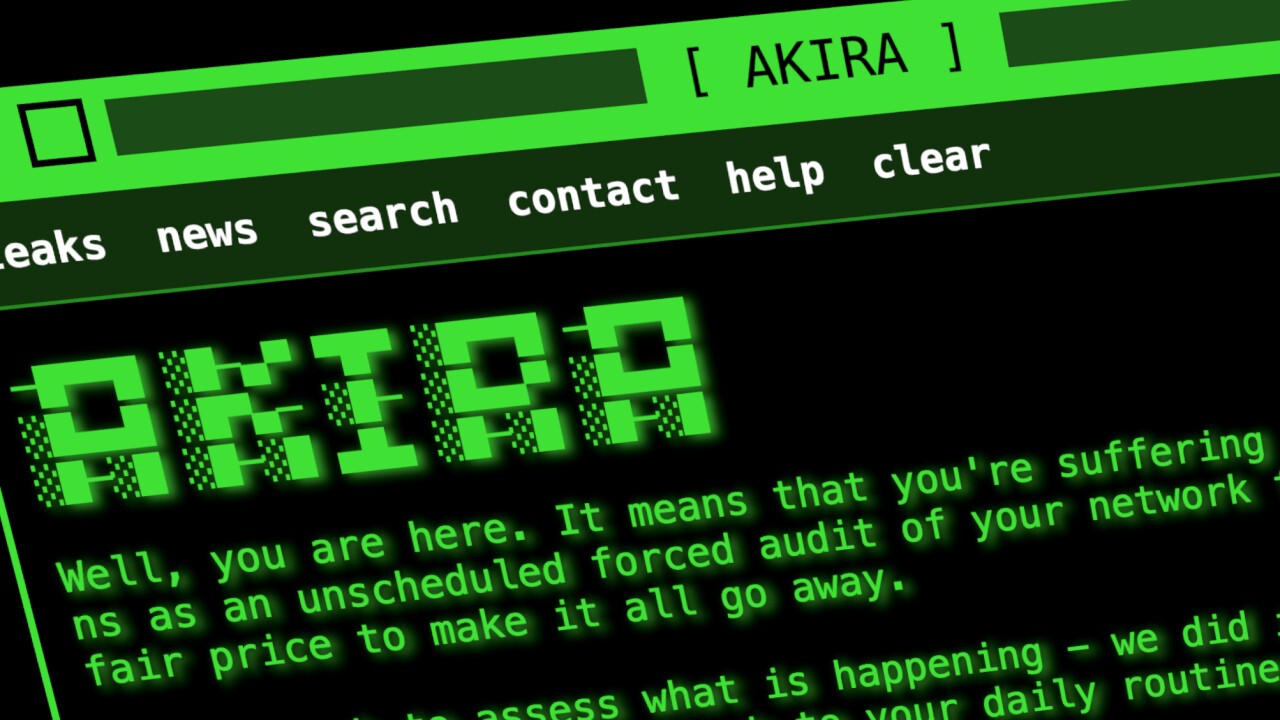WASHINGTON - Senate Banking Committee Chairman Phil Gramm and House Banking Committee Chairman Jim Leach are engaged in an 11th-hour effort to bundle several banking bills and attach them to unrelated, fast-moving legislation that Congress must adopt before adjournment.
While committee spokesmen were vague about which banking bills could be packaged, they said they plan to include legislation that would let banks pay interest on business checking accounts as early as 2002.
Industry lobbyists predicted that lawmakers would also package a measure that would expand the number of withdrawals that corporate customers could make each month from sweep, or money market deposit, accounts in the interim.
The last-minute push also could include a bill that would authorize payment of interest on mandatory reserves held at the Federal Reserve, lobbyists said.
Capitol Hill sources said the top Senate and House Banking Democrats, Sen. Paul Sarbanes of Maryland and Rep. John LaFalce of New York, are in on the talks.
"Nothing will get through that doesn't have bipartisan and [Clinton] administration support," a spokeswoman for the House Banking Democrats said.
In other congressional matters, lobbyists representing financial services firms that offer swaps contracts are not happy with a Republican compromise proposal on legislation that would revise the laws governing derivatives transactions.
Staff members of the House and Senate Banking and Agriculture committees and the House Commerce Committee sent the Treasury Department and congressional Democrats a 247-page draft written over the weekend. The Treasury Department would not comment on the draft.
"There's still a lot of problem areas in the bill," said an industry lobbyist who did not want to be named. "They haven't settled on the extent to which the Commodity Futures Trading Commission has jurisdiction over banks offering swaps."
Banks, which want legal certainty for swaps transactions, are concerned that the legislation could still subject some swaps to regulation by the commission. Swaps and other over-the-counter derivatives are private agreements under which two parties agree to exchange the risk on certain assets as a hedge against loss.
Mark Brickell, a managing director at J.P. Morgan, said the draft "is reasonably effective in its present form, although it's hard to call it the clearest approach" to legal certainty. "The draft is still a complicated maze of overlapping exclusions and exemptions which may provide incomplete protection" from the risk of regulation, he said.
Sen. Gramm, a key negotiator on the deal, has said that legal certainty for all swaps is one of his central concerns. He wants a bill that protects swaps not only from regulation by the commodity commission, but also by the Securities and Exchange Commission.
"He's devoting a lot of personal time to making sure this legislation is done right," his spokeswoman said.





